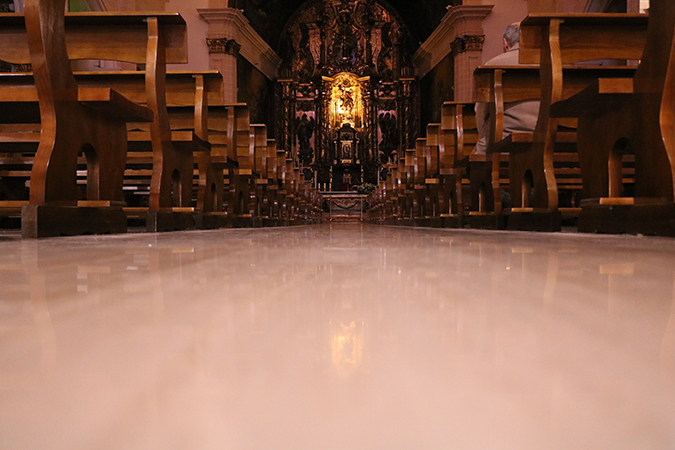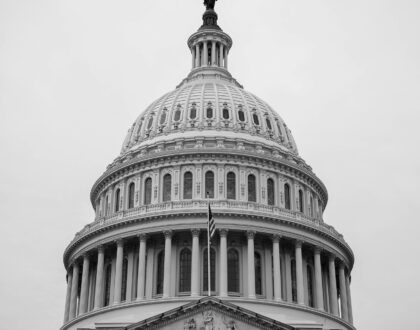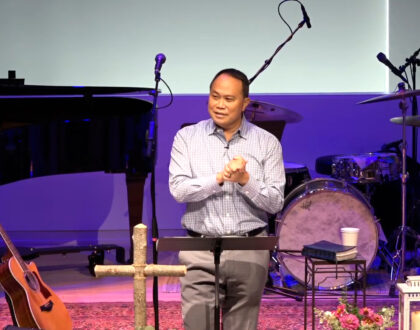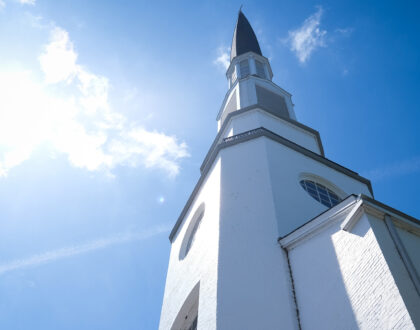Is Covid Making America More Secular?

I want to continue to encourage all of you to remain engaged in the life of the church during this time. We are working very hard to carry on the mission and ministries at Woodmont during this pandemic. Lots of exciting things are happening. We are thinking outside the box.
Before Covid-19 started, secularization was well underway in America. For years, church attendance has been declining, especially outside of the Bible belt. Younger generations do not seem to be as interested in organized religion as their parents and grandparents.
Statistics show that many view regular church attendance as going once a month – a far cry from “Remembering the Sabbath and keeping it holy.” The Covid-19 pandemic has certainly not done churches any favors.
Many congregations have pivoted and adapted while others have struggled. Churches have been forced to embrace technology, digital ministries, and to think outside the box. Sadly, we will see many congregations that were already struggling close as a result of this pandemic.
Years ago, Canadian Philosopher Charles Taylor predicted this in his book i: “The change I want to define and trace is one which takes us from a society in which it was virtually impossible not to believe in God, to one in which faith, even for the staunchest believer, is one human possibility among others.” He says, “Belief in God is no longer axiomatic. There are alternatives. And this will also likely mean that at least in certain milieux, it may be hard to sustain one’s faith.”
Christianity, a faith-based on gathering together in community, has been challenged by this extended period of “social distancing.” It’s one thing to endure this for a few months as was initially predicted. We are now entering month seven.
Faith and spiritual formation have always been deeply tied to healthy practices and habits of behavior. Routines are important. It has become clear that many have slipped “out of the habit.”
If you read Charles Duhigg’s book The Power of Habit or more recently, James Clear’s book Atomic Habits, the case is clearly made that for human beings, habits matter. So do personal interactions with others. The only way to get rid of one habit is to intentionally replace it with another.
When churches stopped gathering in person, churchgoing habits changed for many people. It will now take serious intentionality to get this back, and according to some experts, many will not return. I hope they are wrong.
Before the pandemic, social isolation was already a growing challenge in this culture. The pandemic has made that worse. Alcoholism, addiction, suicide, loneliness, depression, and irritability have spiked. Faith leaders must take all of this seriously.
Some churches are now gathering again. “Enough is enough” many have said. How can people cope with the stress of this unprecedented time without their faith community? Other churches are still hesitant and unsure what to do.
Providing multiple options is wise right now – online services, drive-in services, outside services, and virtual small groups. Meeting on porches and patios seems safer than being inside of homes. Zoom stock has soared for good reason.
Secularization can overtake even the most faithful and religiously devout. It is a process that lures us away from being spiritually grounded, disciplined, and personally connected into a superficial rat race of consumption and consumerism, competition, and comparison. All that’s left is a shallow game to see who can collect the most toys in the shortest amount of time. Secular culture is full of egos and false idols and leaves us obsessed with “what others think about us.”
What can churches and faith leaders do? Take this seriously. Think outside the box, be innovative, get creative, but stop waiting around. The longer we remain apathetic and fearful, the more people will drift.
Recommended Posts

Political Violence is Never the Answer
July 25, 2024

“Messenger” – Justin Gung – July 14
July 14, 2024

Celebrating Woodmont’s 81st Birthday
July 10, 2024

